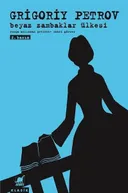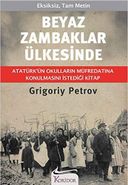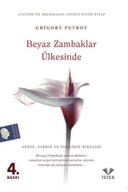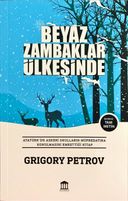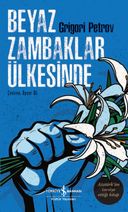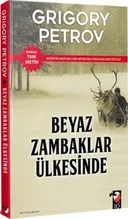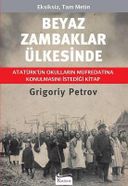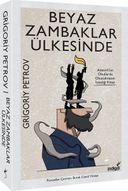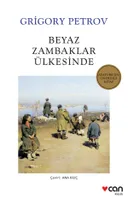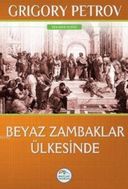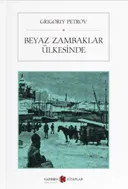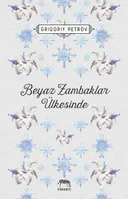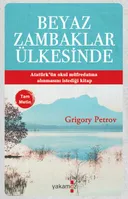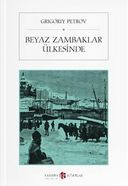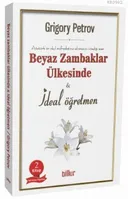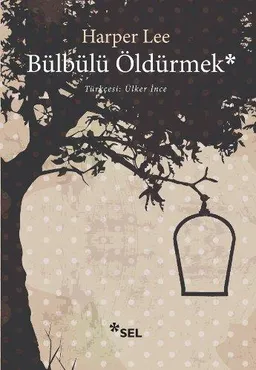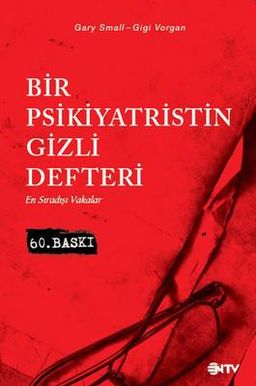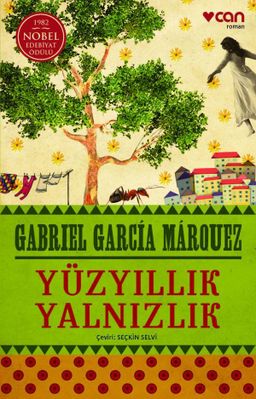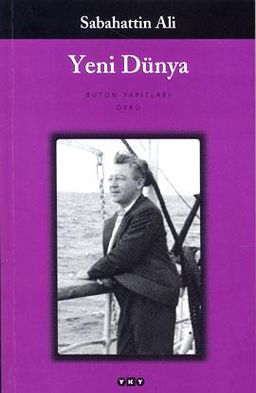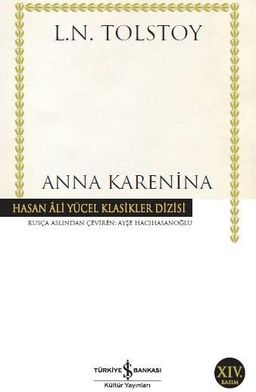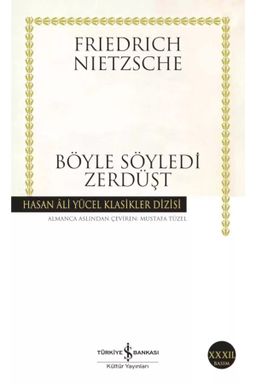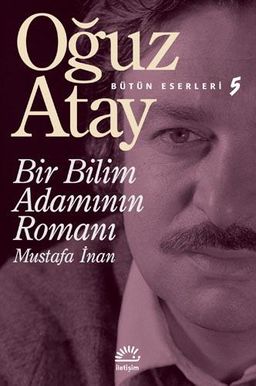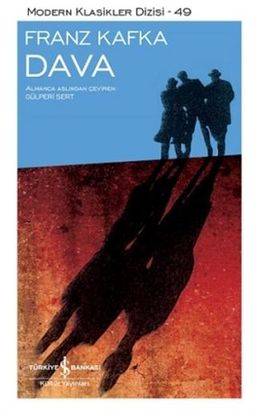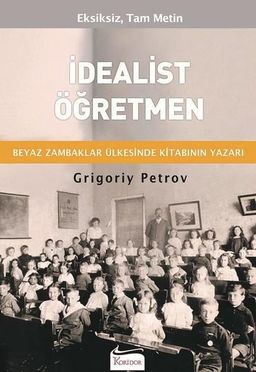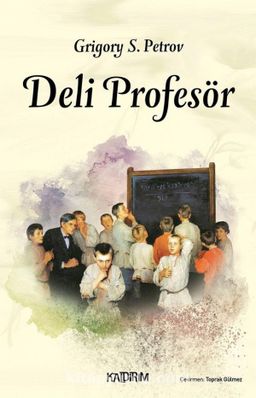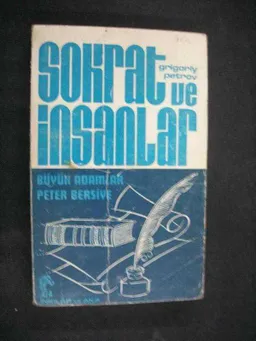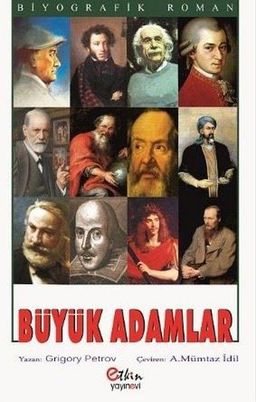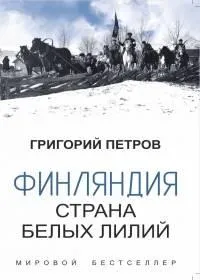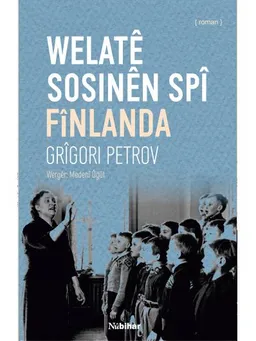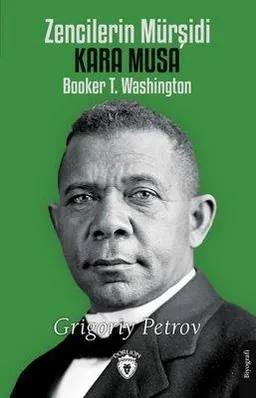Beyaz Zambaklar Ülkesinde
Grigory PetrovAbout Beyaz Zambaklar Ülkesinde
Beyaz Zambaklar Ülkesinde subject, statistics, prices and more here.About
Author: Grigory Petrov
Translator: Gülay Hüseynova
Türler:
#16 En iyi kitaplarda#30 En çok okunan kitaplarda#27 Edebiyat türünde#21 Roman türünde#3 Siyaset-Politika türünde
Estimated Reading Time: 8 hrs. 33 min.Page Number: 302Publication Date: November 2020First Publication Date: 1923Publisher: MartıOriginal Title: Финляндия, страна белых лилийISBN: 9786254481970Country: TürkiyeLanguage: TürkçeFormat: Karton kapak
Other Editions
Beyaz Zambaklar Ülkesi
35.4k okunmaAyrıntı Yayınları · October 2017 · 208 syf
Beyaz Zambaklar Ülkesinde
10.6k okunmaKoridor Yayıncılık · 19 October 2007 · 240 syf
Beyaz Zambaklar Ülkesinde
5.9k okunmaİstek Yayınevi · April 2018 · 140 syf
Beyaz Zambaklar Ülkesinde
5.3k okunmaOlympia Yayınları · March 2020 · 203 syf
Beyaz Zambaklar Ülkesinde
4,244 okunmaTürkiye İş Bankası Kültür Yayınları · January 2022 · 136 syf
Beyaz Zambaklar Ülkesinde
3,277 okunmaIQ Kültür Sanat Yayıncılık · September 2017 · 200 syf
Beyaz Zambaklar Ülkesinde
2,722 okunmaKoridor Yayıncılık · 2017 · 240 syf
Beyaz Zambaklar Ülkesinde
2,124 okunmaİndigo Kitap · 2020 · 196 syf
Beyaz Zambaklar Ülkesinde
2,032 okunmaCan Yayınları · August 2023 · 140 syf
Beyaz Zambaklar Ülkesinde
1,692 okunmaMaviçatı Yayınları · August 2016 · 158 syf
Beyaz Zambaklar Ülkesinde
1,679 okunmaKarbon Kitaplar · April 2019 · 105 syf
Beyaz Zambaklar Ülkesinde
1,550 okunmaYabancı Yayınları · 6 July 2018 · 248 syf
Beyaz Zambaklar Ülkesinde
1,328 okunmaYakamoz Yayınları · November 2015 · 224 syf
Beyaz Zambaklar Ülkesinde
958 okunmaKarbon Kitaplar · · 100 syf
Beyaz Zambaklar Ülkesinde - İdeal Öğretmen
910 okunmaBillur Yayınları · 11 May 2020 · 206 syf
Book Statistics
All statistics
Statistics of this edition
Reader Profile of the Book
Kadın% 63.0
Erkek% 37.0
0-12 Yaş
13-17 Yaş
18-24 Yaş
25-34 Yaş
35-44 Yaş
45-54 Yaş
55-64 Yaş
65+ Yaş
About the Author
Grigory PetrovYazar · 16 books
This text has been automatically translated from Turkish. Show Original
Grigory Spiridonovich Petrov was one of Russia's most well-known priests and most read folk writers at the beginning of the 20th century. After being expelled from the church for his views, he devoted himself entirely to writing; He continued to influence the masses as a journalist and orator. When the Bolshevik Revolution took place, he had to flee the country. During his last years in the Kingdom of Yugoslavia, he wrote many works and gave conferences. His works were banned in his country, Russia, during the Soviet period, but they were influential in Bulgaria and the newly established Republic of Turkey in those years, influencing the intellectuals of the period. His book, In the Land of White Lily, has become one of the most read foreign works in Turkish.
He was born in 1869 in the town of Yamburg, Petersburg. His father was a tavern waiter. He graduated from the religious school in 1886 and the Petersburg Theological Academy in 1891 and was appointed as a religious officer. In addition to his duty at the church, he taught at the Mikhailov Military Academy, Aleksandrov Lyceum, Technical School and different high schools in St. Petersburg. As his fame as an orator, journalist and teacher spread, he was invited to the palace by the Tsarist family to educate the princes. However, when his ideas began to disturb the Church administrators, in 1903 the lessons he gave in schools were taken away from him and he was removed from his position in the church; He also had to leave his job in the palace. The writer, who was exiled to a monastery near Petersburg in 1907 "for his harmful journalistic activities", was elected as a deputy to Russia's second Duma, although he did not run as a candidate, while he was in the monastery. He was excommunicated from the Church in 1908 due to his criticisms in the letter he wrote to the Church administration. As a result of the lawsuit filed against him, he was dismissed from the profession of clergy, banned from living in Petersburg and Moscow for 7 years, and banned from working in public affairs for 20 years. The author, whose fame increased after he was ordained, resided in Crimea since 1908. He traveled in Russia and abroad and gave many conferences. Among the places he visited abroad, he was most impressed by Finland. His articles were published every day in the newspaper "Russkoye slovo". He became known abroad because his books were translated and published in the Balkan and European countries. After the October Revolution, Petrov was subjected to various pressures due to his views that disturbed the Bolsheviks; He lost his relatives and son in the chaos of the revolution. He managed to save his life by boarding the last ship that departed from Crimea in 1920, with members of the Denikin Army fleeing the country, barefoot and wearing pajamas. After passing through Istanbul, he stayed in Gallipoli for a short time and then moved to the Kingdom of Yugoslavia with a group of Russian immigrants. The artist attracted great attention from the administrators of the Kingdom of Yugoslavia and was appointed as a professor at the University of Belgrade. In his last years, in addition to his lectures at the university, he traveled all over the country and gave conferences; He gained a great reputation as an orator and journalist-writer.
In 1925, when his health deteriorated, Petrov was sent to Paris with state funds for surgery due to stomach cancer; However, he could not recover and died on June 18, 1925. The ashes of his cremated body were buried in the town of Novi Sad, where his wife and daughter lived. His grave was later transferred to the Ostfriedhof Cemetery in Munich by his daughter.
The author, whose books were translated and published in Bulgarian thanks to the "Petrov Culture and Education Society" founded in this country by his friend Bojkov, who lives in Bulgaria, attracted great attention in this country. Especially when his work In the Land of White Lilies (Finland) was published in Bulgaria in 1925, it was recommended to the masses by the Bulgarian Ministry of Education and great interest arose in all his works in Bulgaria.
The success of Petrov's books reached Turkey through the Bulgarian Turks who immigrated to Turkey. In 1928, three of his books were translated from Bulgarian into Turkish and published. Especially the work titled In the Country of White Lilies, published with the translation of Ali Haydar Taner, attracted the attention of the intellectuals in Turkey. The ideas in the book were seen as an education and development model that should be implemented in the country. The work was translated into Turkish four times and printed at least 41 times until 2008.
